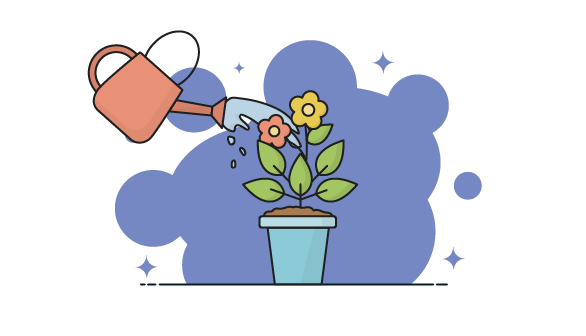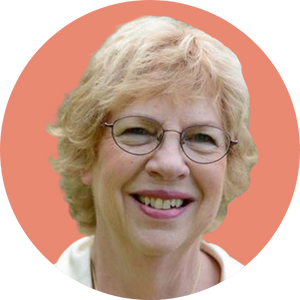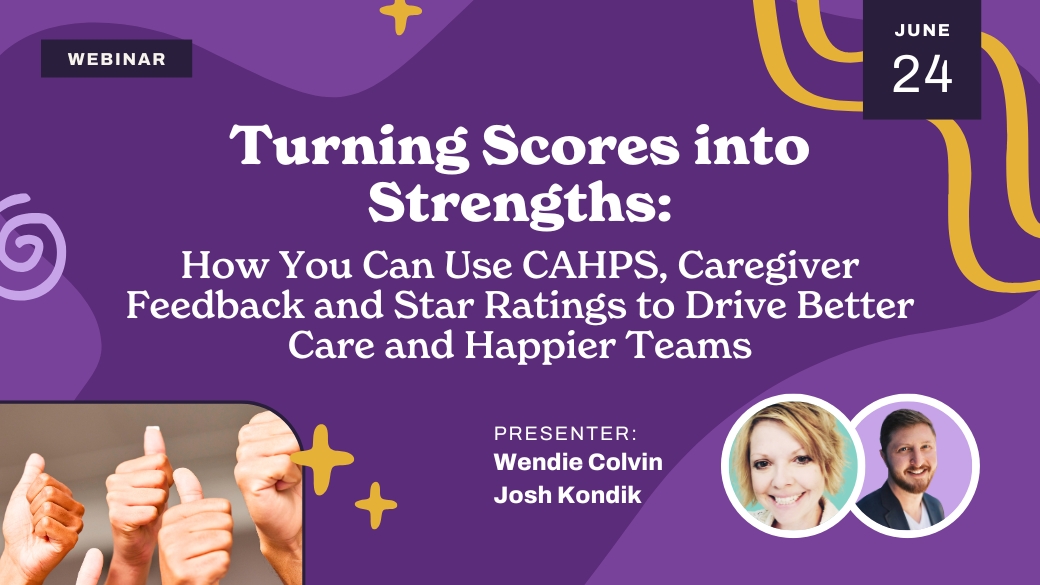Hospice Pioneer Barbara Karnes Explains Why Healthcare Workers Shouldn’t View Death As a Failure

For most healthcare workers, some trainings and teachings rely on the medical model that says death is a failure. If we don‘t change our perspective, we will “burn out.“
Barbara Karnes answers Tameka D.’s question about death during the pandemic.
Tameka asked: Barbara, I‘ve been a nurse for 20 years, and don‘t get me wrong, I love my job, but after going through a year of this pandemic, I just don‘t know anymore. I‘ve seen more people die during this past year than I have in all of the past 20 years. Throughout your career, you‘ve seen people die all the time. What kept you from being discouraged or burned out by it all?
Barbara’s answer:
Great question. First, what makes me different is that I made a conscious choice to work with people facing the end of their life. I made that decision based on my personal belief that everyone dies. We are programmed to die from the moment we are born, and death is not a failure. It’s the culmination of a life lived (maybe well, maybe not).
For most healthcare workers, our training and teaching rely on the medical model that says death is a failure. Our focus is on taking care of diseases that people have, fixing people, and if we don‘t fix them – if death comes – then it is a failure of our ability to “fight“ disease.
If we consistently work with people who die, despite all we do to keep them alive, and we don‘t change our perspective of life and death, we will “burn out.“ The overwhelming sense of failure will eat away at our self–confidence and affect both our professional and personal lives.
The COVID pandemic has created just this scenario with our healthcare workers. They witness multiple deaths each shift despite all their expertise to keep their patients alive.
We can‘t change the seriousness and outcomes of COVID yet. Someday we will have better tools and more knowledge. For now, along with improvising and doing the best we can with what we do know, we must address our healthcare workers’ well-being.
How do we care for ourselves as we interact with patients’ deaths?
Create a personal cleansing ritual at the end of your shift, even if no death has occurred. Here are a few ideas to consider:
These are just a couple of ideas. Be creative and think of what would be meaningful to you to honor the patients you care for each day. How will you acknowledge their life and their passing? How will you send them on their way and release your emotional attachment to them?

Get exclusive access to: Barbara Karnes End-of-Life Courses
Learn about all of Barbara’s incredible resources at https://bkbooks.com/




